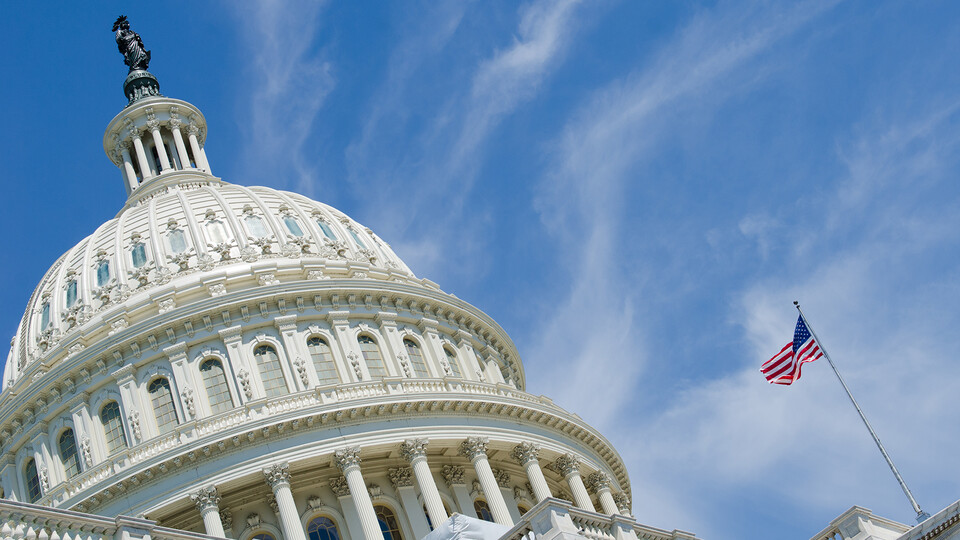All Americans should celebrate the end of Chevron deference


The Supreme Court’s overturning of the so-called Chevron deference doctrine in its June 28 Loper Bright decision may be more important than the outcome of November’s election. Many are calling it the most consequential decision of the entire court under Chief Justice John Roberts.
That’s because it trims the claws of the so-called administrative state. Under the Chevron doctrine, federal agencies were able to expand their authority with little check from courts. The 1984 Chevron ruling said the courts must defer to an agency’s own interpretation of its rules in cases where the statutory language was ambiguous—as long as their interpretation was “reasonable.” It was seized upon by lower courts and supporters of an aggressive federal government. What ensued was a 40-year uninterrupted expansion of agencies’ powers and prerogatives.
Roberts’ ruling is crystal clear: “Chevron is overruled. Courts must exercise their independent judgment in deciding whether an agency has acted within its statutory authority, as the (1946 Administrative Procedures Act) requires. Careful attention to the judgment of the Executive Branch may help inform that inquiry. And when a particular statute delegates authority to an agency consistent with constitutional limits, courts must respect the delegation, while ensuring that the agency acts within it. But courts need not and under the APA may not defer to an agency interpretation of the law simply because a statute is ambiguous.”
The original Chevron decision in 1984 didn’t even refer to the APA, on which it was supposed to be a gloss. Its assumption that Congress intended agencies, rather than courts, to resolve ambiguities in the law was an enabling fiction that never had a basis in the Constitution, judicial precedent or statutory law.
The work of restoring proper constitutional limits to the power of federal agencies began with an earlier decision, Axon Enterprises v. Federal Trade Commission, in 2023. Until the Axon ruling, citizens who wanted to sue federal agencies were told they first had to jump through hoops in administrative appeals before they even had the right to sue in federal court. That administrative barrier denied due process to any plaintiff not big and rich enough to afford the expense and time. Even the court’s progressives couldn’t stomach that infringement of fundamental Constitutional rights, and the Axon ruling was unanimous.
Chevron defenders claim the overturning of Chevron leaves the environment defenseless, but we didn’t have the Chevron doctrine when Congress came together to pass the Clean Water Act in 1970, the framework for all subsequent environmental legislation.
Justice Neil Gorsuch notes in his concurrence that under Chevron, “Sophisticated entities and their lawyers may be able to keep pace with rule changes affecting their rights and responsibilities. They may be able to lobby for new ‘reasonable’ agency interpretations and even capture the agencies that issue them … But ordinary people can do none of those things. They are the ones who suffer the worst kind of regulatory whiplash Chevron invites.”
The WOTUS (Waters of the United States) wars were a prime example of “regulatory whiplash.” Far from ensuring legislative consistency, Chevron ended up allowing agencies to change the meanings of regulation at their whim, and according to which party was in power, thus leaving affected parties unsure of their legal standing, rights and obligations. Farmers and ranchers were among those who most felt the brunt of the WOTUS wars, which opened a Pandora’s box pf permit delays and expensive litigation. Their operational decisions were put on hold by uncertainty over what distant bureaucrats would decide.
The Supreme Court, which had also created that confusion regarding WOTUS through its unfortunate ruling in Rapanos v. United States & Carabell v. United States (2006), corrected that mistake and tried to put the WOTUS wars behind it with its ruling in Sackett v. EPA in 2023.
The Chevron doctrine made it much harder for ordinary citizens to challenge agencies, even in clear cases of abuse. We will never know how many thousands or tens of thousands of citizens surrendered their rights and capitulated rather than face the legal hurdles and expenses of a prolonged fight with federal agencies, a fight in which Chevron stacked the deck in the agencies’ favor.
Suing a federal agency remains a momentous decision not to be undertaken lightly. Contrary to what the White House claims, Loper Bright will not be a “convulsive shock” to the legal system, nor is it likely to open floodgates of litigation. But it does restore a proper division of government powers to Constitutional proportions, and it does make it easier for ordinary citizens to challenge agencies that overreach and abuse their statutory authority.
That’s why Loper Bright could not have been a better July Fourth gift to all Americans.
David Murray can be reached at [email protected].


